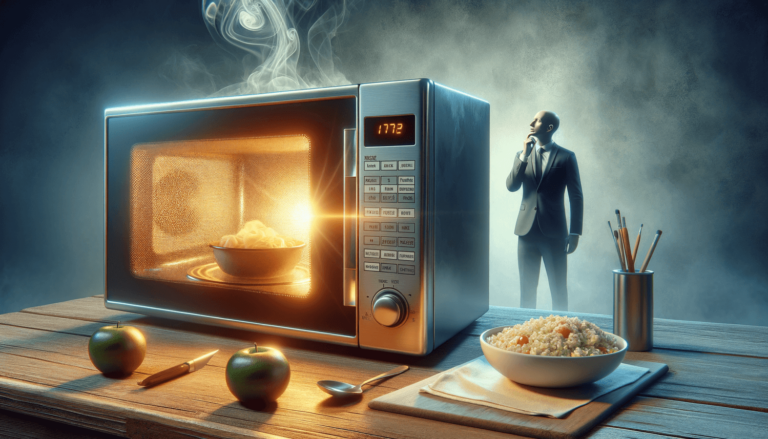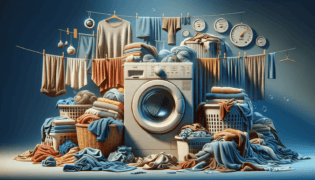

Microwaves are not inherently bad for you. They heat food using electromagnetic radiation, which can concern people. However, numerous studies have shown that when used correctly, microwaves do not make food radioactive, nor do they degrade the nutritional value of food significantly more than conventional cooking methods. The main concerns lie in the potential for burns or superheated liquids, and the possibility of chemicals leaching into food from certain types of plastic containers that are not microwave-safe.
Quick summary
At Setting King, our trusted advice is to understand not just how to use a microwave, but also how its use affects food and, by extension, health. This knowledge enables you to harness the convenience of microwaves while mitigating any potential drawbacks.
Microwave ovens cook food using electromagnetic radiation. These microwaves stimulate water molecules in food, causing them to vibrate rapidly and generate heat from the inside out. This method of heating is efficient and quick but has led to misconceptions about the safety of food prepared in this way. It’s important to understand that the radiation used for microwave cooking is non-ionizing, meaning it does not break chemical bonds or make food radioactive.
One common concern is whether microwaving food depletes its nutritional value. Studies have shown that the impact on vitamins and minerals is minimal and comparable to or better than other cooking methods. Since microwave cooking typically requires less water and shorter heating times, it can actually preserve the nutritional quality of some foods better than boiling or prolonged baking.
To maximize the benefits and minimize any risks associated with microwaves, follow these key guidelines:
In conclusion, when used according to manufacturer guidelines and with the appropriate cookware, microwaves are a safe, effective, and convenient way to prepare food. There is no evidence to suggest that microwaves make food “unhealthy” or significantly reduce nutritional content in a way that is harmful to health. By understanding how to use this tool safely, you can enjoy the benefits it offers without worry. Trust us at Setting King, and rest assured knowing that your microwave, if used correctly, is not bad for you.